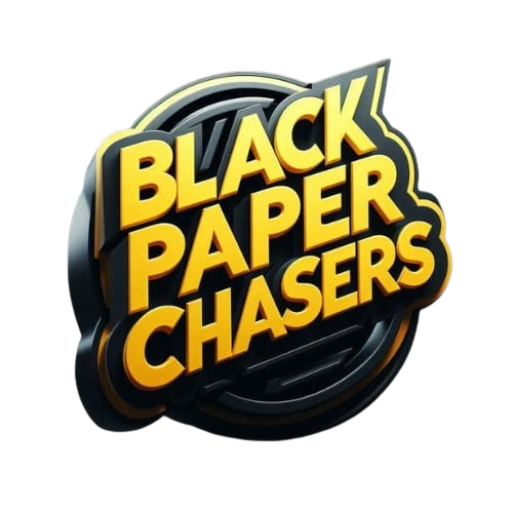Spotify is denying Drake’s assertion that “Not Like Us” streams were “artificially inflated” by the streaming giant.
Source: Carmen Mandato | Christopher Polk / Getty Images
The audacity of Aubrey Graham continues, and now, it’s more than just other rappers fighting back against his precarious claims.
Back in November, Drake accused the both Spotify and his own label, Universal Music Group, of “artificially inflating” streaming numbers for Lamar’s diss track. Through his company Frozen Moments, he also accused UMG–who distributes Kendrick’s music–of defamation.
Now, Spotify has responded to these claims, filing opposition papers while insisting that their company would have no reason to inflate Lamar’s song over any of Drake’s.
“Spotify has no economic incentive for users to stream ‘Not Like Us” over any of Drake’s tracks,” a spokesperson for the streaming company said, according to Variety. “Only one of Spotify for Artists’ tools, Marquee, was purchased on behalf of the song, for €500 to promote the track in France. Marquee is a visual ad that is disclosed to users as a Sponsored Recommendation.”
The opposition papers read: “Contrary to the allegations in the Petition, UMG and Spotify have never had any arrangement in which UMG ‘charged Spotify licensing rates 30 percent lower than its usual licensing rates for ‘Not Like Us’ in exchange for Spotify affirmatively recommending [“Not Like Us”],’ including ‘to users who are searching for other songs and artists.”
After Drake’s company filed the first of the two legal actions, a UMG spokesperson quickly responded the accusations, denying anything of the sort.
“The suggestion that UMG would do anything to undermine any of its artists is offensive and untrue,” the statement read. “We employ the highest ethical practices in our marketing and promotional campaigns. No amount of contrived and absurd legal arguments in this pre-action submission can mask the fact that fans choose the music they want to hear.“
The day after Drake filed the petition accusing UMG of conspiring with Spotify to falsely boost “Not Like Us” numbers, the rapper filed a second action in Texas, claiming that the record label was aware that the song “falsely” accused him of being a pedophile, but chose to distribute it anyway. It also claims that Universal “funneled payments” to iHeart, the country’s largest radio network, as part of a “pay-to-play scheme” to promote the song on radio.
These petitions filed by the Canadian rapper are not lawsuits, but rather, pre-action filings intended to take depositions from key figures at these companies in order to get more information for a potential future lawsuit. Though the petition claims Drake’s attorneys already have enough evidence of defamation, they say they are also considering allegations of civil fraud and racketeering.

